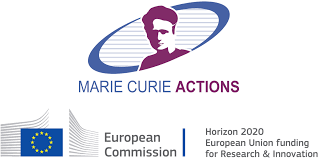An in vitro 3D microfluidic human NeuroVascular Unit model for identifying the cell-type-specific responses to diverse inflammatory stimuli in the brain capillaries
Neurological disorders affect many people's life, contributing to significant mortality and morbidity in the modern world, with 16.5% of global deaths and are the leading cause of disability, affecting 276 million people's daily lives. Many of these diseases, including Alzheimer’s and Multiple Sclerosis, are related with the impaired blood-brain barrier (BBB) function. Unfortunately, neither animal models of the neurovascular unit (NVU) nor in vitro cultures of primary or immortalized human brain microvascular endothelial cells (BMVECs) alone effectively mimic the barrier, and transporter functions of the BBB observed in humans. Thus, there is a great need for human NVU models to recapitulate in vivo human physiology in health and disease conditions and understand the cellular mechanisms and changes in disease conditions. This project aims to develop a 3D NVU model to identify the cell-type-specific responses to diverse inflammatory stimuli in the NVU.
The NVU-Chip project will the first model providing such a complex cellular environment in a unique microfluidic device to fully recapitulating human NVU in vitro utilizing relevant mechanobiological forces. Additionally, The NVU-Chip will improve the state-of-the-art by incorporating cyclic mechanical strain in a BBB model for the first time. This project will combine and amend the state-of-the-art stem cell technologies to differentiate all brain cells, and advanced microfabrication approaches to design and fabricate the microfluidic chips using the most appropriate materials ECM coatings for co-culturing all cell types in the same device. The human-based NVU-Chip model will also give a new approach for studying cellular responses to diverse inflammatory stimuli, identifying key inflammatory factors of CNS related diseases.
| Funding Agency | |
|---|---|
| Proje Duration |
|
| Team | |
| Publications |
|
| Outreach | |
| News |
